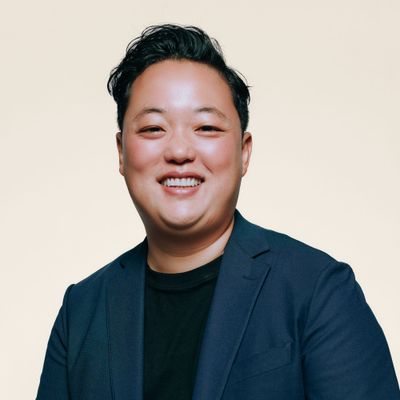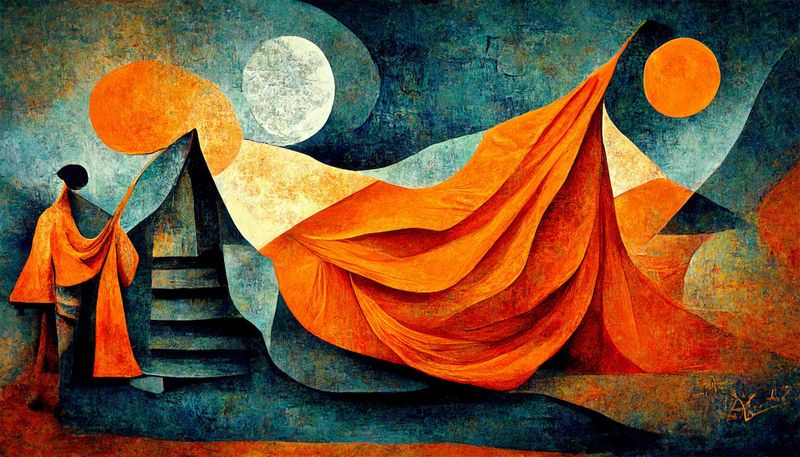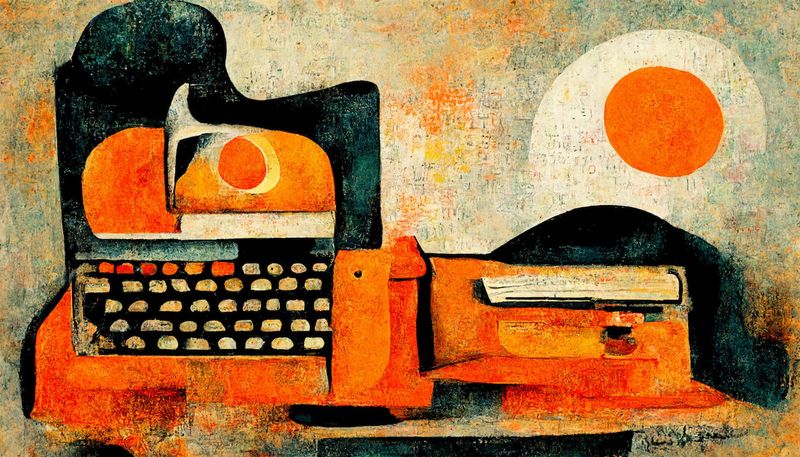It took me quite a while to finish this piece about my father.
One could say I’ve been working on it my whole life, but the first draft was written sometime in October 2021. I did three more rewrites and eight rounds of edits before I felt it was ready. I let out a deep sigh when I shipped it, on Father's Day of 2022, knowing it was one of the hardest and most personal pieces I’ve ever written.
Writing it was at once laborious and therapeutic. I had to dig through years of pain, gratitude, and misunderstanding with my father just to craft one true sentence out of what I found. Then I’d struggle to find another true sentence, and another, until they all made sense together. The process of writing it became a filter through which I could distill this 38 year relationship. In the end I was only able to capture a fraction of what he has meant to me, but the honing of that piece has changed me and my relationship with him for the better.
Once it was published, I noticed changes in my conversations and relationships with other people. The usual small talk—“How are you? And what have you been up to?—was replaced with, “Hey, so I read your piece about your father…” Then they’d reflect on the piece and share stories from their childhood, their parents, and their family life. Small talk quickly gave way to deeper, more meaningful conversations.
That essay started as a way for me to write through something I couldn’t make sense of. But it ended up becoming this unexpected gift that allowed other people to feel safe enough to share their own stories.
There’s one recent example that stands out. I first met Melody when she applied to attend Season 2 of Foster. During our interview, I asked her about her writing, and we talked about what drew her to write about mental health technology and psychedelics.
She told me about her journey of self discovery, which led to us talking about our upbringings and our fathers. I mentioned that I’d written about this very thing and shared the piece with her. We ended the call with a plan to meet up while I was in LA the week after.
Our meeting over coffee became one of those conversations where our bladders were about to explode, because we didn’t want to stop the flow of a great conversation. We talked for over two hours about her relationships, her upbringing, and how all of it ties together with what she wants to write about now.
Imagine if more of us wrote with vulnerability and courage? I want to live in a world where that feeling of, “this person gets it'' is more abundant, and more people have near-bladder-exploding conversations.
When we write, we’re often sitting in front of a screen or a piece of paper, deciding whether or not something will be “too much” for someone else to read. Or maybe we’re thinking, “Who cares about my life and what I have to say?”
I think part of our hesitation comes from the fact that we’re used to hearing the survivor-biased stories of the same few people who’ve made it, which makes our everyday lives and everyday moments feel small and pointless. But isn’t that what we’re mostly doing—everyday lives punctuated by surprise, revelations, and tragedies?
If we can be present in those everyday moments, then it’s in the thoughtful and nuanced expression of them we can find connection with someone else. The struggles between parent and child aren’t anything new. But my story told in my way, in the way I lived it, is unique.
Matthew Dicks puts it well in his book Storyworthy:
The story of how you're an amazing person who did an amazing thing and ended up in an amazing place is not a story. It's a recipe for a douchebag.
The internet is flooded with writing from people saying how amazing they are and how you should follow their amazing advice. But I’m tired of it. I want to read something that is vulnerable and resonates with me so much that I feel safe and compelled to share my story with them. Now that I’ve experienced that as both a reader and writer, I can’t go back.
Imagine if more of us wrote with that kind of vulnerability and courage? I want to live in a world where that feeling of, “this person gets it'' is more abundant, and more people have near-bladder-exploding conversations.
If the piece about my father taught me anything, it’s that it can be so difficult to accept, distill, and express our truths. It would have been so convenient to stop after draft number three and just write some thoughts about personal development.
But all we have is our truth. And if we’re courageous enough to put those truths into writing, it can be the vessel through which we can find connection, community, and a sense of belonging. When we share our truths, we learn that we are never as alone in the mess as we think we are.
The frontier ahead is vast and unknowable, full of opportunity and peril. We're looking for like-minded creatives to forge ahead with us and help us shape the future of internet media. If you'd like to build Foster alongside us, help writers tell their stories, and make the internet more human, we humbly invite you to apply to join our collective.





